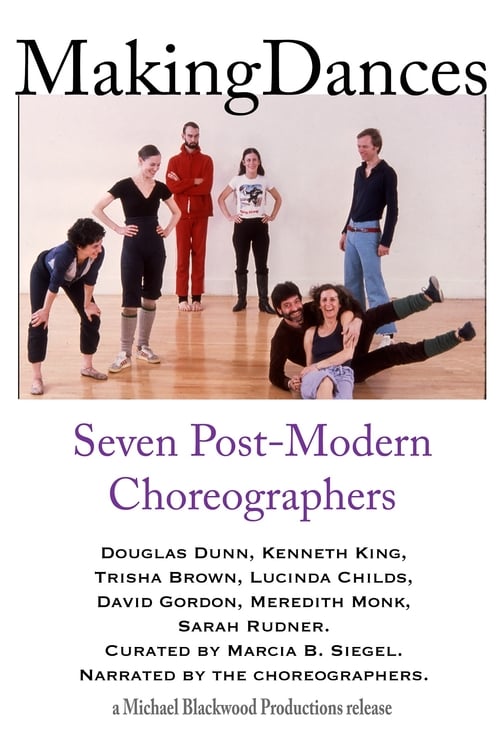
Making Dances: Seven Post-Modern Choreographers (1980)
Género : Documental
Tiempo de ejecución : 1H 29M
Director : Michael Blackwood
Sinopsis
Made in 1980, this film explores the contemporary dance scene through the work of seven New York-based choreographers. They discuss the nature of dance and the evolution of their own work. Filmed at rehearsals, performances, and during interviews, the film is a unique primary source. The artistic roots of these seven artists can be found in Martha Graham's concern with modern life as a subject for dance and in Merce Cunningham's emphasis on the nature of movement. In the 1960s, the interaction of art forms generated choreographic innovations. Especially influential was John Cage, whose radical ideas served as a point of departure for much of the new choreography. Each of the choreographers in Making Dances draws inspiration from the Graham/Cunningham tradition, yet each makes a highly distinctive statement. Structure, movement in non-fictive time and space, and the nature of movement itself are recurring themes.
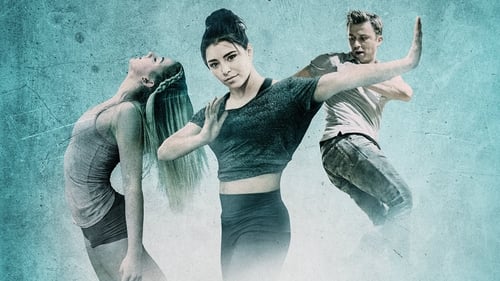
En Center Stage: On Pointe, Jonathan Reeves (Gallagher) tiene la tarea de infundir más estilos contemporáneos y modernismo en la American Ballet Academy, y enlista a sus mejores coreógrafos Charlie (Radetsky), Cooper (Stiefel) y Tommy (Wormald) para reclutar bailarines. para competir en un campamento donde los ganadores serán seleccionados para unirse a la Academia. Bella Parker (Muñoz), quien siempre ha vivido a la sombra de su exitosa hermana Kate, finalmente tiene la oportunidad de entrar en el centro de atención como una de las bailarinas reclutadas para el campamento. Chloe Lukasiak interpreta a Gwen, un talentoso prodigio de la danza que compite en el campamento. - Denise Petski
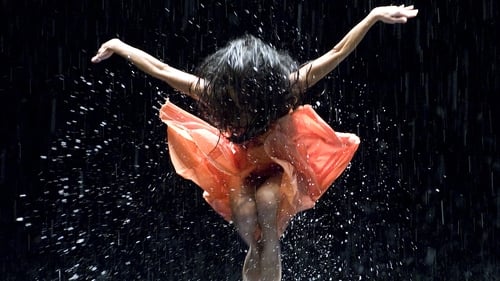
Homenaje de Wim Wenders en 3-D a la bailarina y coreógrafa alemana Pina Bausch, maestra de la danza, en un documental que recoge principalmente los testimonios de sus colaboradores.
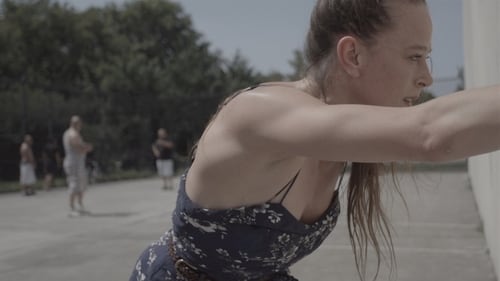
Después de 10 años de estrellato con la famosa compañía de danza israelí Batsheva, la bailarina estadounidense Bobbi Jene Smith toma la decisión de su vida regresando a los Estados Unidos. Pero alejarse de las relaciones personales más profundas resulta más difícil de lo que nunca había esperado, ya que se ve obligada a dejar atrás a su mentora, a los coreógrafos y al amor de su vida, para abrazar ese futuro incierto que le supone su regreso a casa.

Peter Whitehead’s disjointed Swinging London documentary, subtitled “A Pop Concerto,” comprises a number of different “movements,” each depicting a different theme underscored by music: A early version of Pink Floyd’s “Interstellar Overdrive” plays behind some arty nightclub scenes, while Chris Farlowe’s rendition of the Rolling Stones’ “Out of Time” accompanies a young woman’s description of London nightlife and the vacuousness of her own existence. In another segment, the Marquess of Kensington (Robert Wace) croons the nostalgic “Changing of the Guard” to shots of Buckingham Palace’s changing of the guard, and recording act Vashti are seen at work in the studio. Sandwiched between are clips of Mick Jagger (discussing revolution), Andrew Loog Oldham (discussing his future) – and Julie Christie, Michael Caine, Lee Marvin, and novelist Edna O’Brien (each discussing sex). The best part is footage of the riot that interrupted the Stones’ 1966 Royal Albert Hall concert.

A glimpse into the world and methodology of dancer Martha Graham.

"The action of committing suicide" - is the most extreme action that somebody can do to themselves. High places to jump from: windows, abysses, edges. A strong place that takes the body to hang the rope. Any accumulation of water: the sea, a river, a lake. A body meets in a place with some tools + the will of being dead.
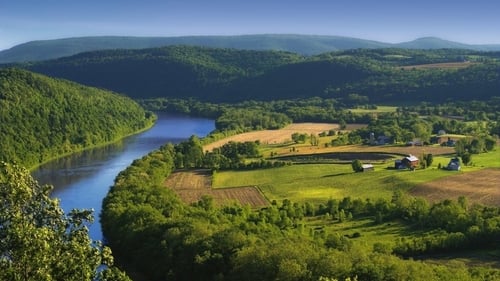
A filmed version of Aaron Copland's most famous ballet, with its original star, who also choreographed.
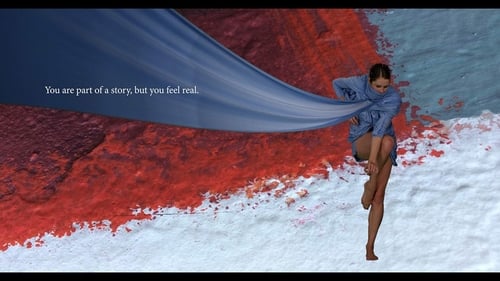
A film that immerses its audience in subjective states of consciousness they might experience when they die, imagining what they can see and think and hear in a seamless but fragmentary flow of poetic images, words and music. The viewer undertakes a journey into their own interior world of dreams and projections in which time and space, and cause and effect logic, are turned on their heads. Text Messages from the Universe is inspired by The Tibetan Book of the Dead, a text which guides souls on their journey of 49 days through the 'Bardo', or intermediate state, between dying and rebirth.

Modern dance is an evocative narrative tool in Georgia Parris' debut, which investigates a young woman's identity and the complex relationship she has with her mother and sister.

"II: AN UNSPOKEN NARRATIVE" tells the story about one guy going through life alone while learning the concept of balance in an unconventional way expressed by the form of movement and storytelling. We hope to take you on a journey within a story of life experiences revolving around balance where two different concepts make you realize your worst moment to make your great moments greater. Every part of this film is up for interpretation upon your lives.

A history of the work of Merce Cunningham.

Released on DVD as part of The Criterion Collection's "Martha Graham: Dance on Film" collection.

The mavericks whose radical ideas created modern dance in the 20th century.

We are a conversation is a 2014 documentary directed by Alexis karpouzos and Spyros rasidakis and written by Alexis karpouzos exploring the unity of humanity, featuring poets from around the world, whose lives have been dedicated to explore the mysteries of life and existence.

Made in 1980, this film explores the contemporary dance scene through the work of seven New York-based choreographers. They discuss the nature of dance and the evolution of their own work. Filmed at rehearsals, performances, and during interviews, the film is a unique primary source. The artistic roots of these seven artists can be found in Martha Graham's concern with modern life as a subject for dance and in Merce Cunningham's emphasis on the nature of movement. In the 1960s, the interaction of art forms generated choreographic innovations. Especially influential was John Cage, whose radical ideas served as a point of departure for much of the new choreography. Each of the choreographers in Making Dances draws inspiration from the Graham/Cunningham tradition, yet each makes a highly distinctive statement. Structure, movement in non-fictive time and space, and the nature of movement itself are recurring themes.

"The Magic Dancer" - A poetic, almost surreal text, that somewhat breathes Lorca. A unique lyrical universe.

The film reflects Dewdney's conviction that the projector, not the camera, is the filmmaker's true medium. The form and content of the film are shown to derive directly from the mechanical operation of the projector - specifically the maltese cross movement's animation of the disk and the cross illustrates graphically (pun intended) the projector's essential parts and movements. It also alludes to a dialectic of continuous-discontinuous movements that pervades the apparatus, from its central mechanical operation to the spectator's perception of the film's images... (His) soundtrack demonstrates that what we hear is also built out of continuous-discontinuous 'sub-sets.'

This documentary on the "youth movement" of the late 1960s focuses on the hippie pot smoking/free love culture in the San Francisco Bay area.

A well-composed psychological dance drama of a completely different kind from the usual romantic and sometimes superficial ballets. And an intrusive interpretation of August Strindberg's play.

A mockumentary focusing on an art school frat's attempt at recording a music video for their latest party anthem with unwanted dancers and an unruly director.











